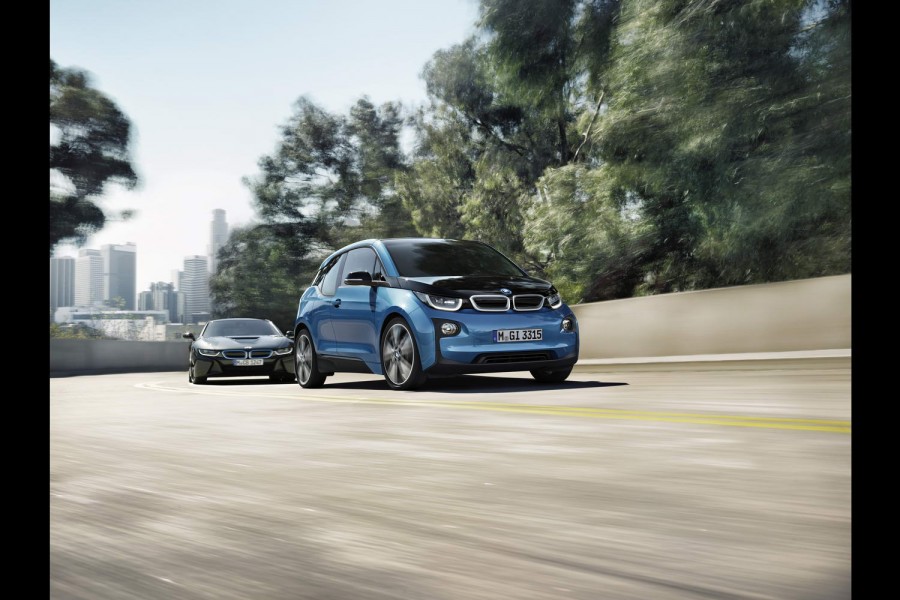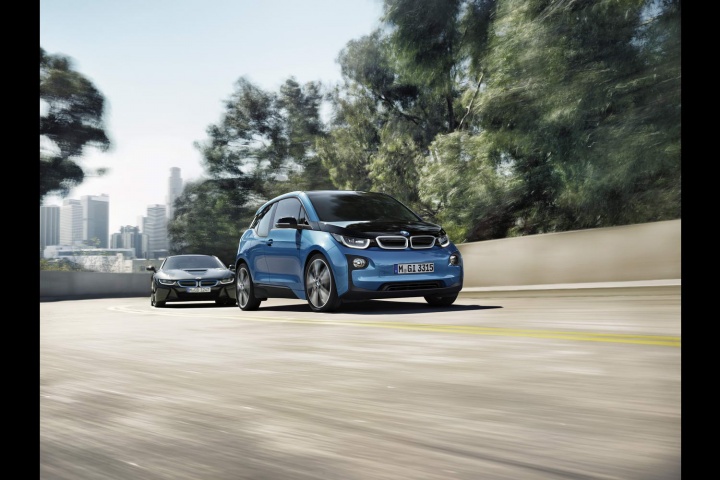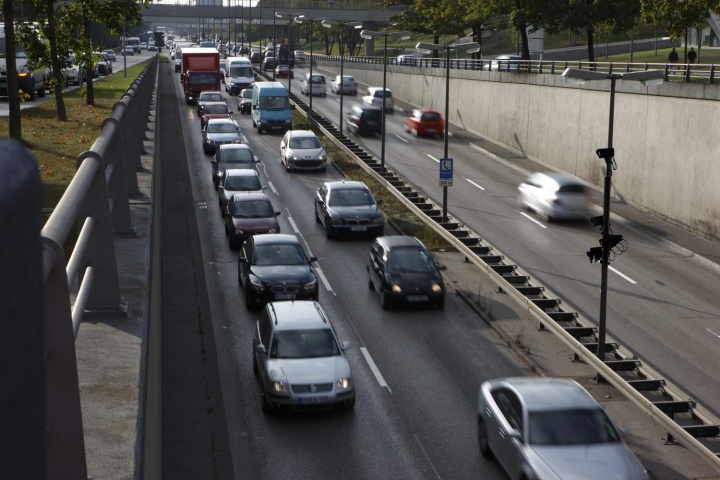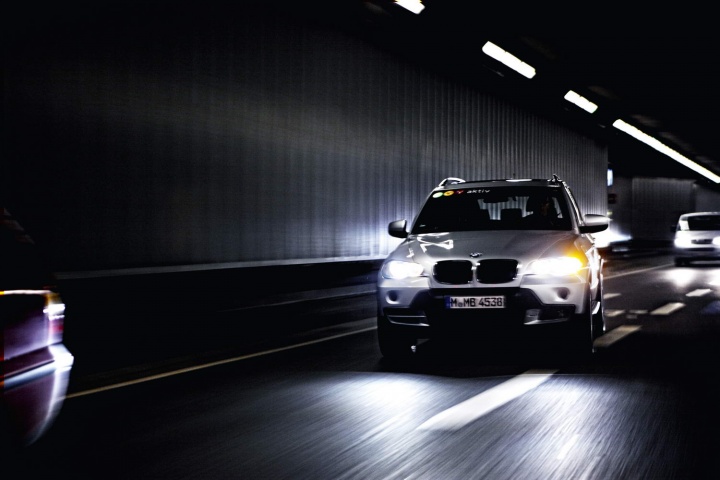What's the news?
From the middle of this year BMW's vehicles will be able to warn one another of hazards and new speed limits, as part of a crucial step forward in creating the sub-systems to support fully autonomous and linked cars.
The technology has been created by the HERE mapping company, an offshoot fo Nokia. HERE kicked off a major bidding war two years ago when car makers and tech giants alike realised the quality of its highly-accurate mapping data, and the importance of that data to autonomous cars and drones. So impressed was BMW with HERE's maps that, along with Audi and Mercedes-Benz, it bought the company for a substantial investment of almost €3 billion. Intel subsequently added another level of investment, taking a 15 per cent stake in the company.
"Digital real-time maps and location-based services form the basis for the mobility of tomorrow. In summer 2017, the BMW Group introduced the first stage of local hazard warning based on intelligent connectivity and car-to-car communications," said Dieter May, senior vice president digital services and business models at BMW Group. "We are delighted that the next stage will follow from mid-2018 and that BMW drivers will be the first to benefit from this enhanced service. All this data on local hazards, such as the scene of an accident or dangerous weather conditions, can be shared on an anonymous basis to warn drivers in good time and so further improve safety."
The system is called the Here Safety Services Suite, and it forms a part of the broader HERE Open Location Platform, into and through which it's hoped a multitude of car makers will transmit and share live, real-time information. The suite will harvest sensor data from cars, whether it's the traction control being triggered, which indicates a stretch of slippery or icy road, or the car's road-sign camera detecting a new or temporary speed limit. That data is sent to the cloud, and distributed to all the other cars using the same system within a certain physical range. Other triggers include the hazard warning lights, fog lights, emergency braking systems, and stability control.
"The HERE Safety Services Suite demonstrates how HERE transforms singular pieces of sensor data into valuable new services that make driving safer and more comfortable," said Ralf Herrtwich, head of automotive at HERE. "As cars become increasingly connected and intelligent, the HERE Open Location Platform is the place where the entire industry can contribute to and access differentiating products and services that not long ago seemed out of reach."
Such car-to-car communication is seen as vital to the eventual use of fully autonomous cars, but even in this relatively basic form it has clear potential benefits to average road users, warning them more quickly and accurately of traffic snarl-ups, accidents, poor road conditions, and speed limits.
There are concerns over user privacy though. HERE points out that the data is fully anonymised, but there is no detail yet on whether or not car owners will eventually be rewarded for allowing their cars to act as data harvesters. That potential for reward is seen as crucial by others operating in the car-as-data-source sphere. Wendy Belluomini, head of IBM's Dublin-based research lab, told CompleteCar.ie that it's important to both inform and reward owners when their data is being used. "With the privacy issue, I think it's really important that individual people are involved in that transaction. Because that's what it is, it's a transaction. The individual is saying 'I have this connected resource, my car, and it has capability and data and do I or do I not want that used and what kind of reward and compensation do I want for having that used? And then, what kind of protection do I require while you're using that information? Can you give me some guarantees?'" said Belluomini. "Can we guarantee that the fact that my car was parked there at a particular time is not revealed? And there are technologies to do that, so it's a matter of deciding that's important. And that's something people should want when they're using their car, or any other device, as a data source - what is happening to my data? But I believe we can get use from that data and protect people at the same time. It's just a decision to apply the right technology, and to have a transparency so that people know what they're agreeing too. So it's not just a case of 'oh, that was happening in the background but we didn't tell you...'"




